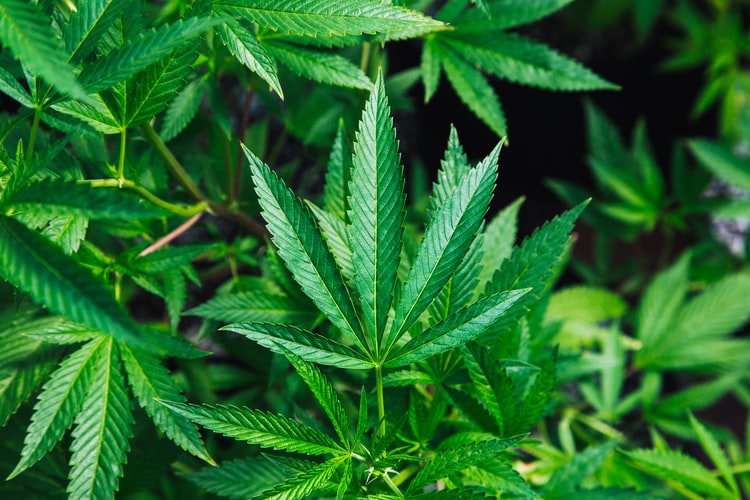LEGALIZATION OF MARIJUANA
Author – Akash G, Student at SASTRA deemed to be university
Best Citation – Akash G, LEGALIZATION OF MARIJUANA, ILE Journal of Equity and Justice, 1 (1) of 2023, Pg. 101-106, ISBN – 978-81-961791-3-7.
Abstract
The legalization of marijuana has been a topic of debate for many years. Supporters argue that it has numerous medical benefits and can generate significant tax revenue for governments, while opponents believe that it poses a significant risk to public health and safety. Advocates for marijuana legalization point to the drug’s potential medical benefits, such as its ability to alleviate symptoms of chronic pain and nausea, and its potential to treat conditions like epilepsy and PTSD. They also argue that legalizing marijuana can generate significant tax revenue for governments, create jobs in the cannabis industry, and reduce the burden on law enforcement agencies. Opponents of marijuana legalization argue that the drug is addictive and can have negative effects on mental health, cognitive function, and lung function. They also express concerns about the potential for increased use among youth, and the impact of marijuana use on driving and workplace safety. While there are risks associated with the legalization of marijuana, many of these can be mitigated through regulation and education. For example, policymakers can implement age limits, restrict advertising, and provide public education campaigns about the risks of marijuana use. the legalization of marijuana has the potential to provide significant benefits, including improved access to medical marijuana, reduced incarceration rates, and increased tax revenue. However, it is important for policymakers to weigh the potential benefits and risks before making any policy changes. Any legalization effort should also include regulations and guidelines to ensure public health and safety.
